Table of Contents
Packet Tracer RIP Configuration
In this RIP Cisco Configuration lesson, we will focus on how to configure RIP (Routing Information Protocol) on Cisco Routers. Generally in all network courses, RIP is used to explain routing protocol configuration basically. This is because of its basic configuration.
For our example, we will use the following basic topology:
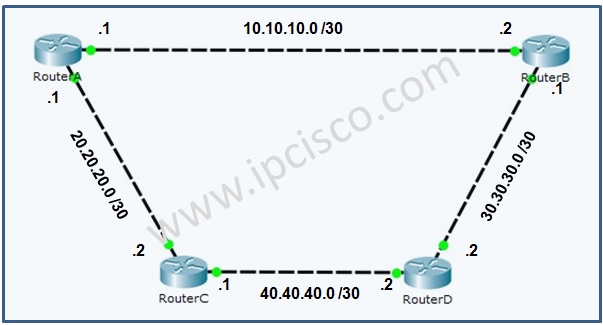
With this topology, the IP addresses are configured. We will pass the configuration of IP addresses and continue only the routing protocol, RIP Cisco Configuration.
Before the configuration of RIP, let’s check the routing table of RouterA.
As you can see, there is only directly connected neighbours in the routing table of RouterA. RouterA do not know any other networks, also RouterD. There is no routing protocol configured on RouterA.
Firstly RouterA is configured like below with network commands under rip process.
Other RIP Lessons
Routing Information Protocol – RIP Overview
Routing Information Protocol – RIP Configuration With Packet Tracer
Routing Information Protocol – RIP Configuration on Juniper
Routing Information Protocol – RIPng Overview
Routing Information Protocol – RIPng Confiugration on Cisco IOS
Routing Information Protocol – RIPng Configuration on Huawei
You can check the other Packet Tracer Examples below:
Common Cisco Router Configuration Example on Packet Tracer
Router DHCP Configuration Example on Packet Tracer
VTP Configuration Example on Packet Tracer
VLAN Configuration Example on Packet Tracer
STP Configuration Example on Packet Tracer
BGP Configuration Example on Packet Tracer
Port Security Configuration Example on Packet Tracer
RIP Configuration Example on Packet Tracer
CDP Configuration Example on Packet Tracer
OSPF Area Types Example on Packet Tracer (Standard and Backbone Areas)
OSPF External Routes Example on Packet Tracer
OSPF Area Types Example on Packet Tracer (Stub, NSSA, Totally Stubby, Totally NSSA Areas)


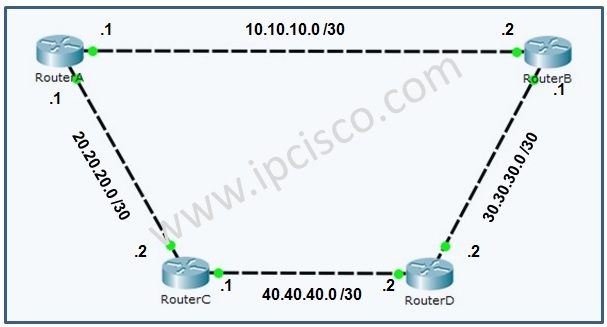

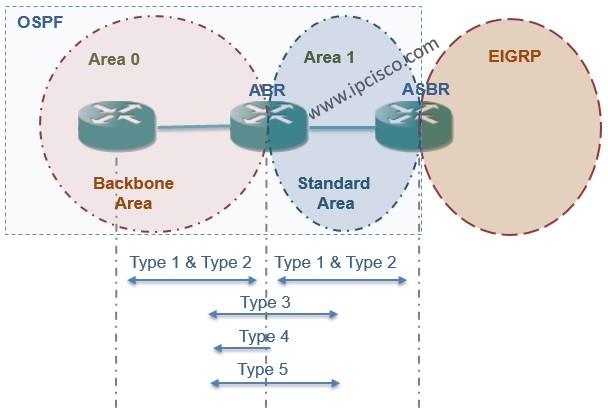
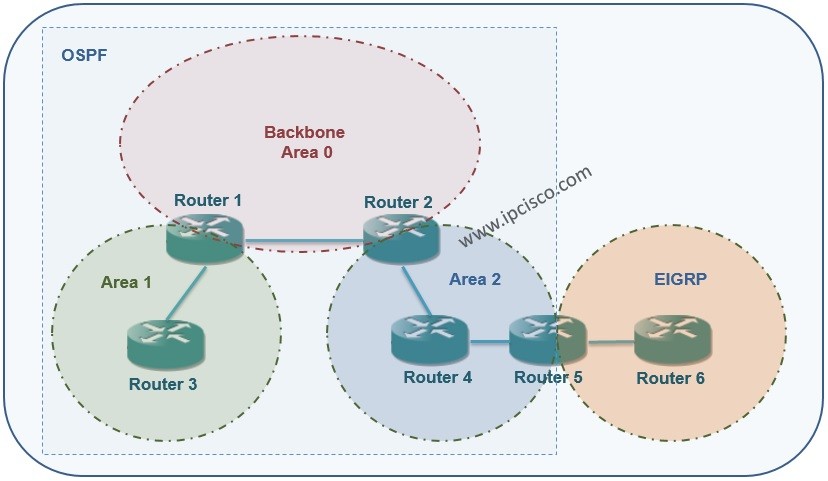
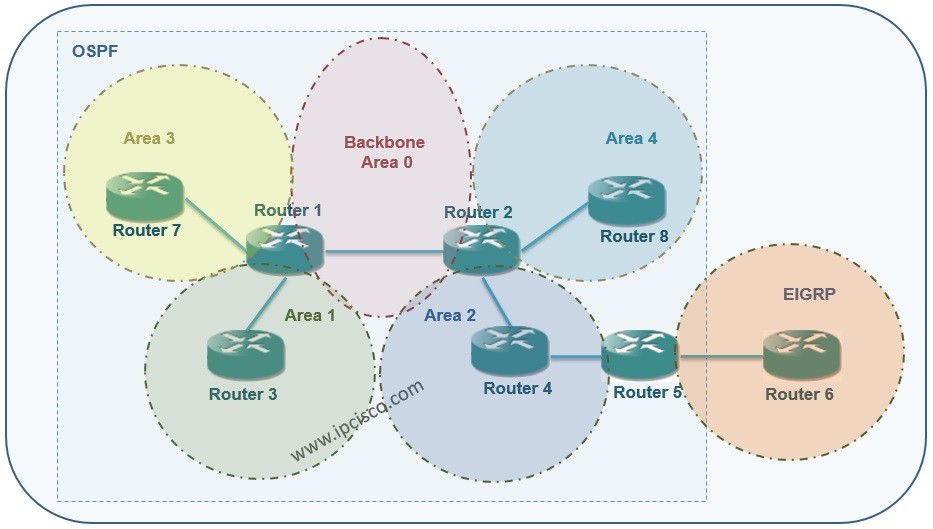
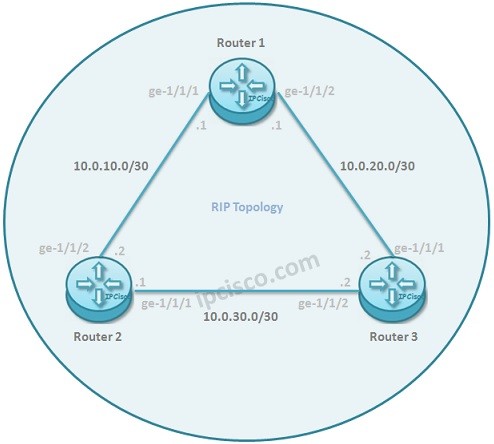
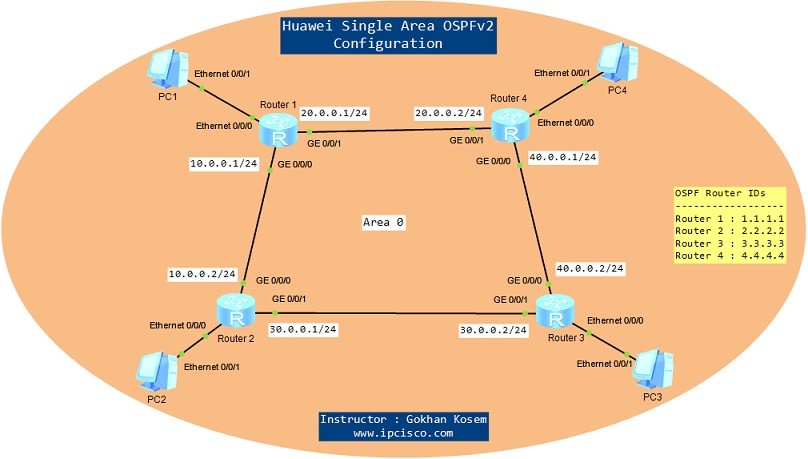


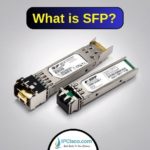


Thank you RipV2. Easy to understand and apply. Fantastic Job!
Excellent Configuration.